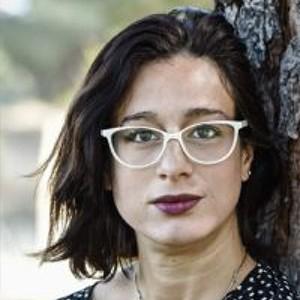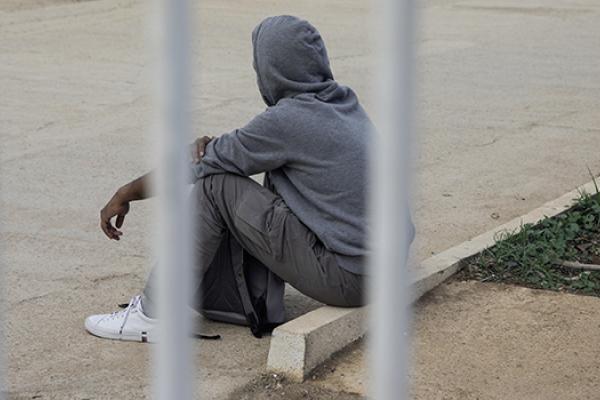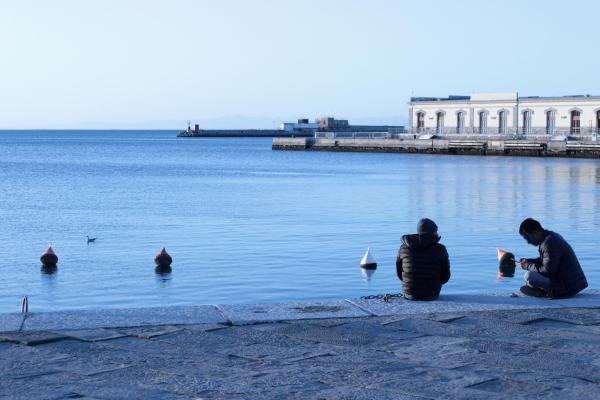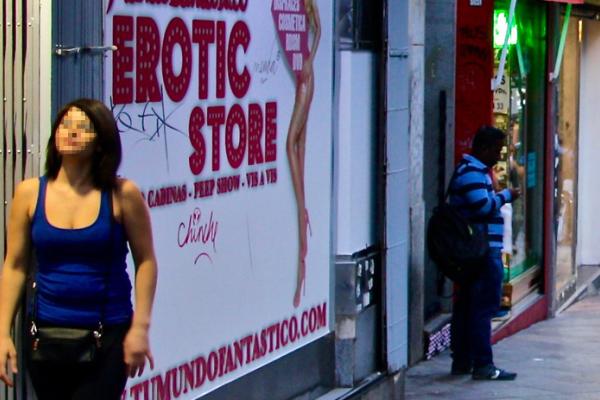Cecilia Ferrara is an Italian freelance journalist, television writer and producer. She covers politics, social issues and news in Rome and works as a producer for Al Jazeera and other foreign broadcasters such as France 2, TF1 and PBS.
She has worked as a writer for La7 and Sky Arte, helped found Irpi (Investigative Reporting Project Italy) and is currently working for Ansa.
Since 2018, she has been part of Lost in Europe, a collective of 28 reporters from 14 European countries. She's also involved with Sveja, the Rome press review.
Cecilia Ferrara graduated in Contemporary European History from the University of Florence. She began her journalistic career in 2000 at Novaradio, the community radio station of the Arci in Florence. She later specialised in the Balkans, covering politics, society and organised crime. Between 2007 and 2010 she lived in Sarajevo and Belgrade and wrote for various Italian and international publications, including Venerdì (La Repubblica), Osservatorio Balcani e Caucaso, Left-Avvenimenti, Europa, Avvenire, Transitions Online, Le Jeudì, Narcomafie, Carta, Peacereporter and Rinascita.
She is co-author of Narconomics (Lantana, 2011), a book on the international cocaine and heroin trade.



